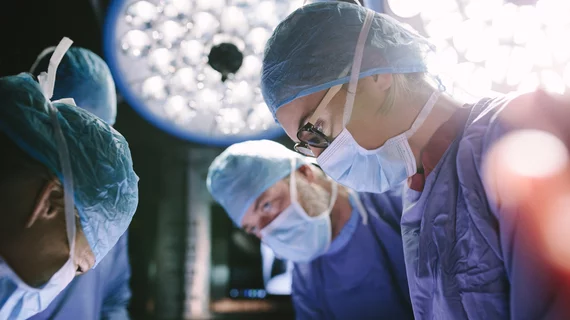‘A historic, monumental step forward’: Surgeon transplants modified pig heart into a human patient for first time
A genetically modified pig heart was transplanted into a human patient for the very first time on Friday, Jan. 7, at the University of Maryland Medical Center (UMMC) in Baltimore. The 57-year-old patient, presenting with terminal heart failure, was denied his request for a conventional heart transplant by several transplant centers, including UMMC.
“It was either die or do this transplant,” the patient, David Bennett, said in a news release from UMMC. “I want to live. I know it's a shot in the dark, but it's my last choice.”
Bennett shared those hopeful words a day before the surgery. He had already been bedridden for months due to his terminal heart disease, with a life-threatening arrhythmia causing him to be connected to a heart-lung bypass machine at all times.
The FDA approved this historic procedure through an emergency authorization typically reserved for experimental procedures seen as a patient’s last chance at survival. Bennett is now being supervised so that the team at UMMC can determine if the procedure was a success.
“This was a breakthrough surgery and brings us one step closer to solving the organ shortage crisis,” Bartley P. Griffith, MD, the surgeon who performed the transplant, said in the same news release. “There are simply not enough donor human hearts available to meet the long list of potential recipients. We are proceeding cautiously, but we are also optimistic that this first-in-the-world surgery will provide an important new option for patients in the future.”
“This is truly a historic, monumental step forward,” added Bert W. O'Malley, MD, president and CEO of UMMC. “While we have long been at the forefront of research driving progress toward the promise of xenotransplantation as a viable solution to the organ crisis, many believed this breakthrough would be well into the future.”

